We’re so excited to announce the Query Arg Monitor in AIOSEO 4.5.8!
The Query Arg Monitor is a much-requested feature born from the shortcomings of our Crawl Cleanup. FYI, Crawl Cleanup is a feature we developed in response to user requests for better query arg handling. It allows you to whitelist query args (URL parameters) you need on your site and automatically delete unnecessary ones.
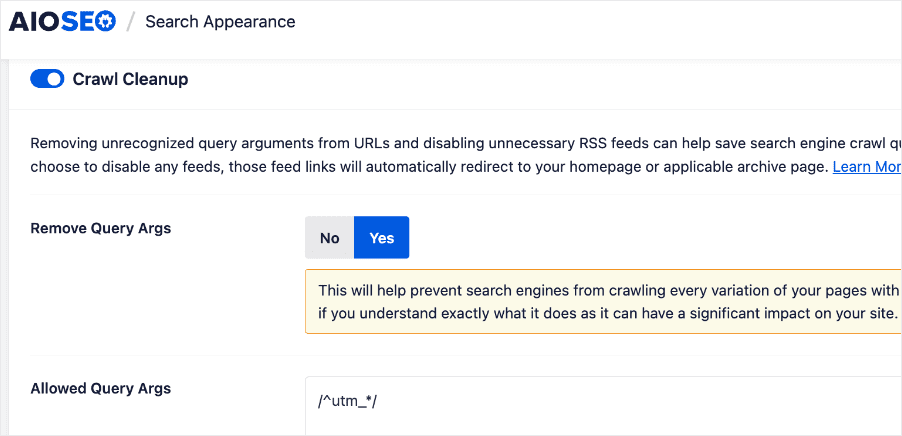
Managing query args this way helps improve indexing and ensures you use your crawl budget efficiently.
So what’s new in AIOSEO 4.5.8?
In This Article
[New] Query Arg Monitoring Module
In our 4.5.8 release, we’ve made the Crawl Cleanup module even more powerful and flexible. One way we did that is to separate the RSS feeds section (Crawl Cleanup) and the Query Arg section. The stand-alone query arg section is now called Query Arg Monitoring.
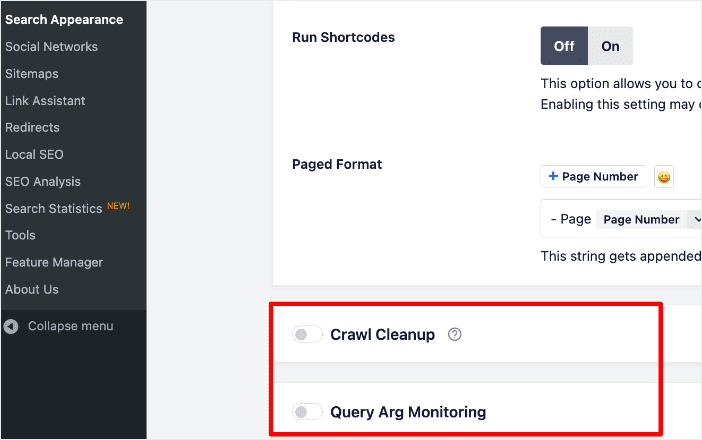
Let’s quickly look at the new changes the Query Arg Monitoring module does.
Improved Query Arg Stripping/ Query Arg Monitoring
One of the major improvements you’ll find in Crawl Cleanup 2.0 is improved query arg stripping. In version 1, the tool would strip any unknown query arg (not whitelisted). This would cause plugin conflict and reduce the functionality of some features in platforms like WooCommerce by removing functioning query args.
To solve this problem, we’ve created a query arg monitor that crawls your site and checks all your query args. Instead of stripping all query args by default, you now have to select the ones you want to strip.
To get started, you’ll have to turn the Query Arg Monitoring toggle to the On position. This will open a card with many settings for controlling your query args.
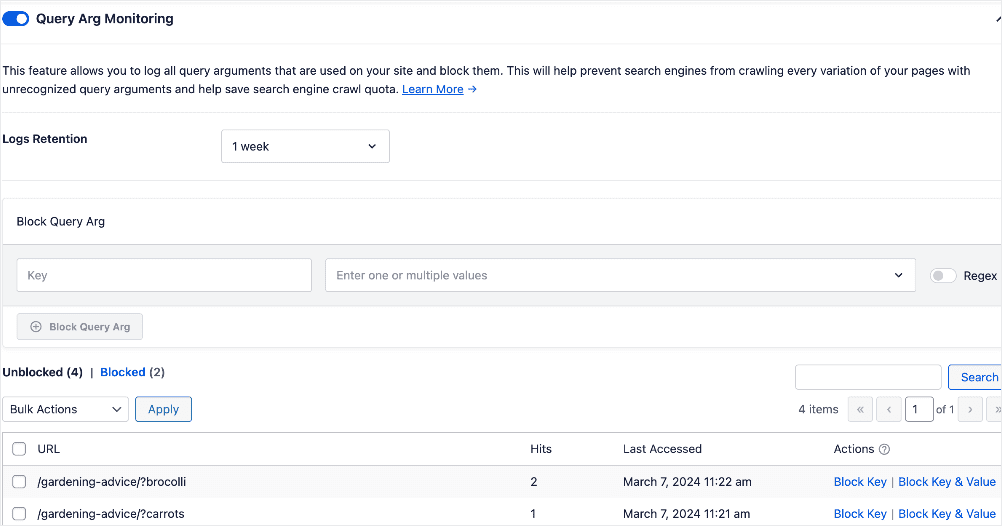
Notable settings include:
Log Retention
This keeps a log of your query args, making it easier for you to identify and select the ones you don’t need. These are displayed in a table and are categorized as Unblocked and Blocked.

If a query arg has been logged, you can block it using the Bulk Actions feature or on the Actions tabs next to the query arg (Block Key or Block Key & Value). This will automatically add it to the Blocked list.
You can also set the period for which you want the Query Arg Monitor to keep a log of your query args in the database. This setting helps control the server resources used by the Query Arg Monitoring module.
Block Query Arg
This part of the card allows you to manually select the query arg you want to block. Even if the query arg hasn’t been logged yet, you can enter the key and value into the field:
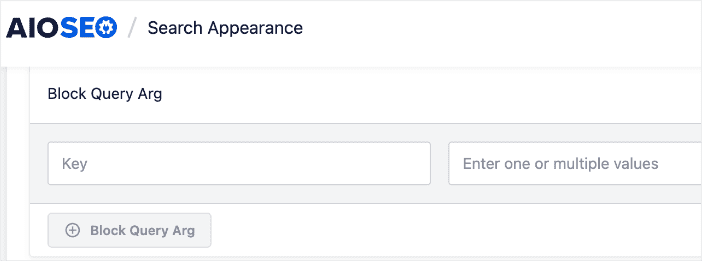
This feature gives you more granular control of how specific query args are handled.
Besides this significant update, we’ve made several notable improvements to many features you love. You can see all our changes in our full product changelog.
What are you waiting for?
Update your site to AIOSEO 4.5.8 to unlock these powerful new features and rank your content higher on SERPs.
And if you’re not yet using AIOSEO, make sure to install and activate the plugin today.
If you have questions about these features, please comment below or contact our customer support team. We’re always ready to help. Our commitment to making AIOSEO the easiest and best WordPress SEO plugin is only getting stronger as we continue to win together with our customers.
We’re so grateful for your continued support, feedback, and suggestions. Please keep those suggestions and feature requests coming!
We hope you enjoy using these new SEO features as much as we enjoyed creating them.
-Benjamin Rojas (President of AIOSEO).
Disclosure: Our content is reader-supported. This means if you click on some of our links, then we may earn a commission. We only recommend products that we believe will add value to our readers.
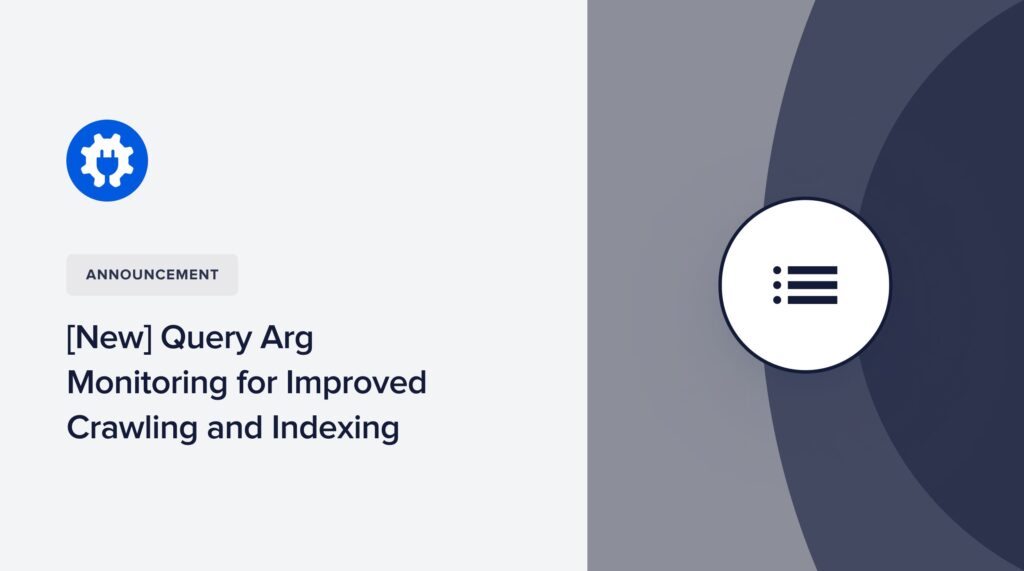
Thanks Ben for this excellent article on the new Query Argument monitoring feature. Is there a URL to any info on something that shows us (readers) how to know when we should want to block any argument as they come through? I don’t have any eCommerce at this time but I’d like to understand this better so I don’t overblock incoming discovered arguments. I used to block them all but now that this topic came up, I’m unsure if I should do that. Thanks.
Hey Jeff, thank you for your comment. We’re working on supporting blog posts to help users take advantage of this powerful feature. Stay tuned!
Thanks again.